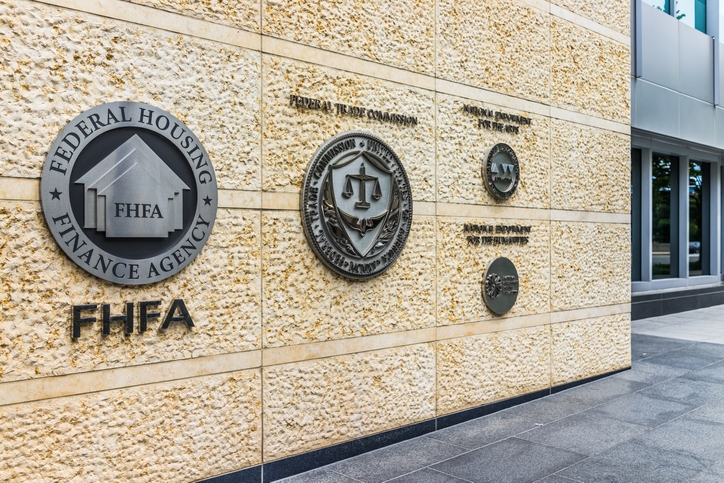Advertisement
FHFA Extends Protections To Tenants With GSE-Backed Loans In Forbearance

The Federal Housing Finance Agency announced that Fannie Mae and Freddie Mac are allowing servicers to extend forbearance agreements for multifamily property owners with existing forbearance agreements for up to three months, for a total of six months, to help renters in multifamily properties stay in their homes. While the properties are in forbearance, the landlord must suspend all evictions for renters unable to pay rent. The forbearance extension is available for qualified properties with a GSE-backed multifamily mortgage experiencing a financial hardship due to COVID-19.
If extended, once the forbearance period concludes, the borrower may qualify for up to 24 months to restore the missed payments. Additionally, if the forbearance is extended, the repayment schedule is modified, or a new forbearance agreement is executed, the borrower is required to provide the following tenant protections during the repayment period:
►Give the tenant at least a 30-day notice to vacate;
►Not charge the tenant late fees or penalties for nonpayment of rent; and
►Allow the tenant flexibility to repay back rent over time and not in a lump sum.
“During the pandemic, FHFA has been focused on protecting renters and borrowers while ensuring the mortgage market functions as efficiently as possible," said FHFA Director Mark Calabria. “The multifamily mortgage forbearance extension announced today will help renters stay in their homes and help property owners retain their properties."
►Give the tenant at least a 30-day notice to vacate;
►Not charge the tenant late fees or penalties for nonpayment of rent; and
►Allow the tenant flexibility to repay back rent over time and not in a lump sum.
“During the pandemic, FHFA has been focused on protecting renters and borrowers while ensuring the mortgage market functions as efficiently as possible," said FHFA Director Mark Calabria. “The multifamily mortgage forbearance extension announced today will help renters stay in their homes and help property owners retain their properties."
About the author





